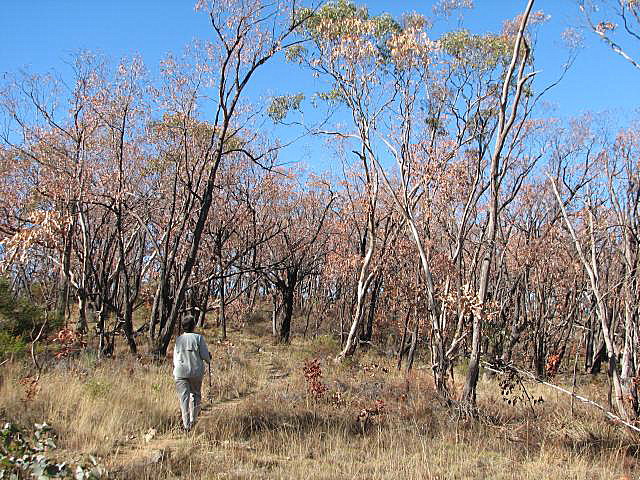| |||||
|
Of course those who have no wealth or power should not be condemned for doing little for others; we are all constrained by our circumstances. But almost all of us can do some altruistic actions, no matter how poor we may be; for example most of us can donate blood (but only about 3% of us do), almost all of us can pick up some of the rubbish that lies around our parks and roadsides or help to weed public parks and gardens.
Apart from the poor and powerless those with wealth and/or power who do little for others or for the greater good, or who actively do harm, (I could give examples) should rightly be condemned.
As an example of misguided judgement of ethical values consider ex Australian Prime Minister John Howard’s much touted ‘virtue’ of mateship. PM Howard held that looking after our mates should be recognised as a wonderful aspect of Australian society. Let's look at mateship in relation to the parable of the Good Samaritan. The Good Samaritan was kind to a person who was not his mate. That’s the point of the parable. It is more creditable to do something for someone who is unlikely to be in a position to return the favour than for a mate.
An example of mateship was when the Morrison government flew retiring minister Mathias Cormann around the world at taxpayer’s expense to get him a good job; it was a corrupt and despicable action, but it was definitely mateship.
PM Morrison is looking after his mates (parliamentary colleagues, the fossil fuel industries that donate to his campaign funds, etc.) while in so doing greatly damaging the world of the future and the quality of life of future generations of humanity.
I know many people who do a lot of voluntary work for the community or for the disadvantaged. These are just some of the many good people. While many of the rich and famous also do a great deal of good, there are far too many who are at the other end of the ethics scale (see also Corporate Greed).
On another page I have written on how we should rate a successful life.
